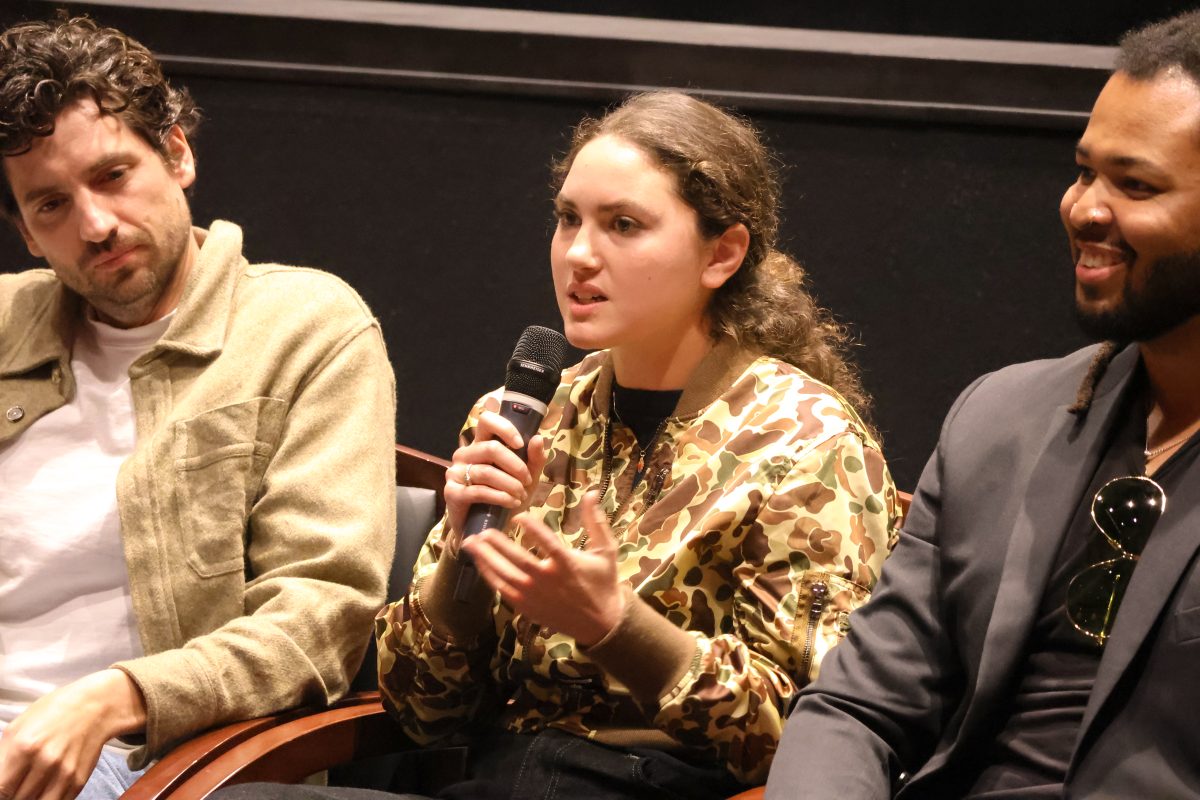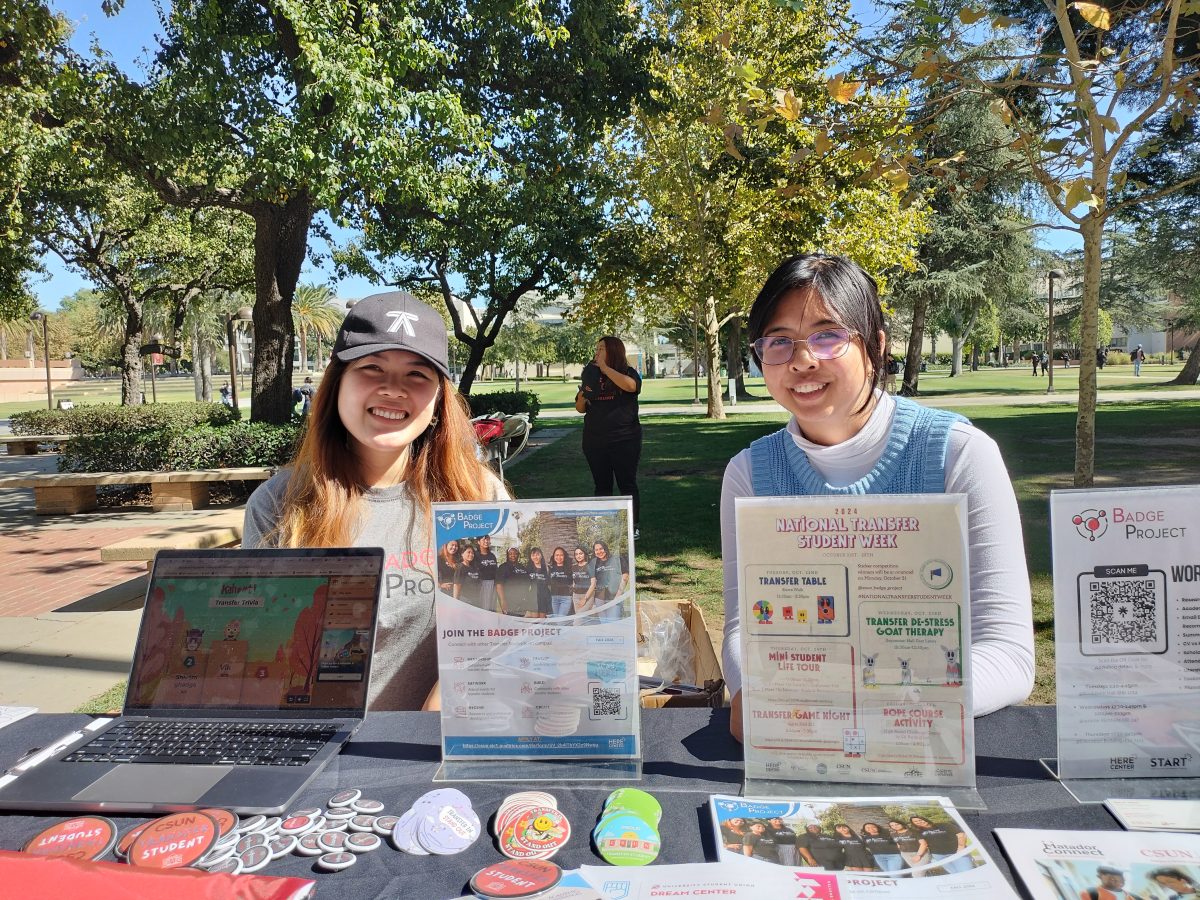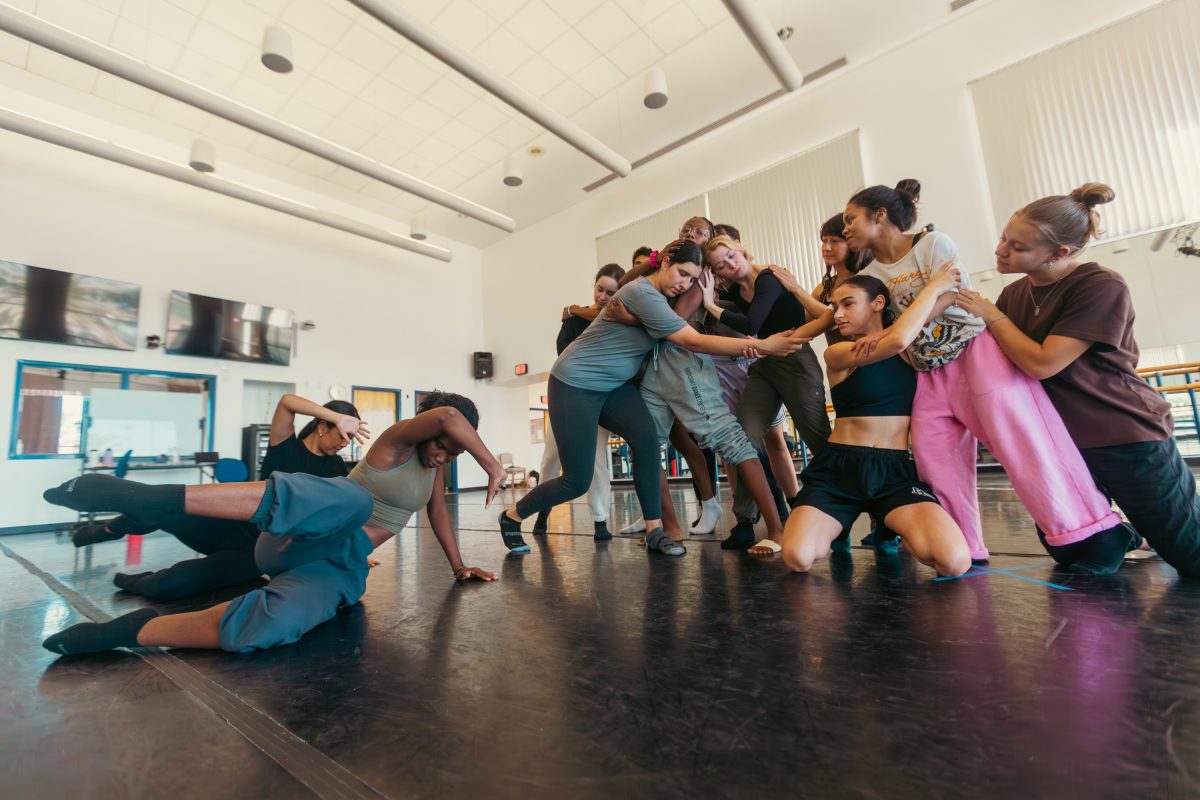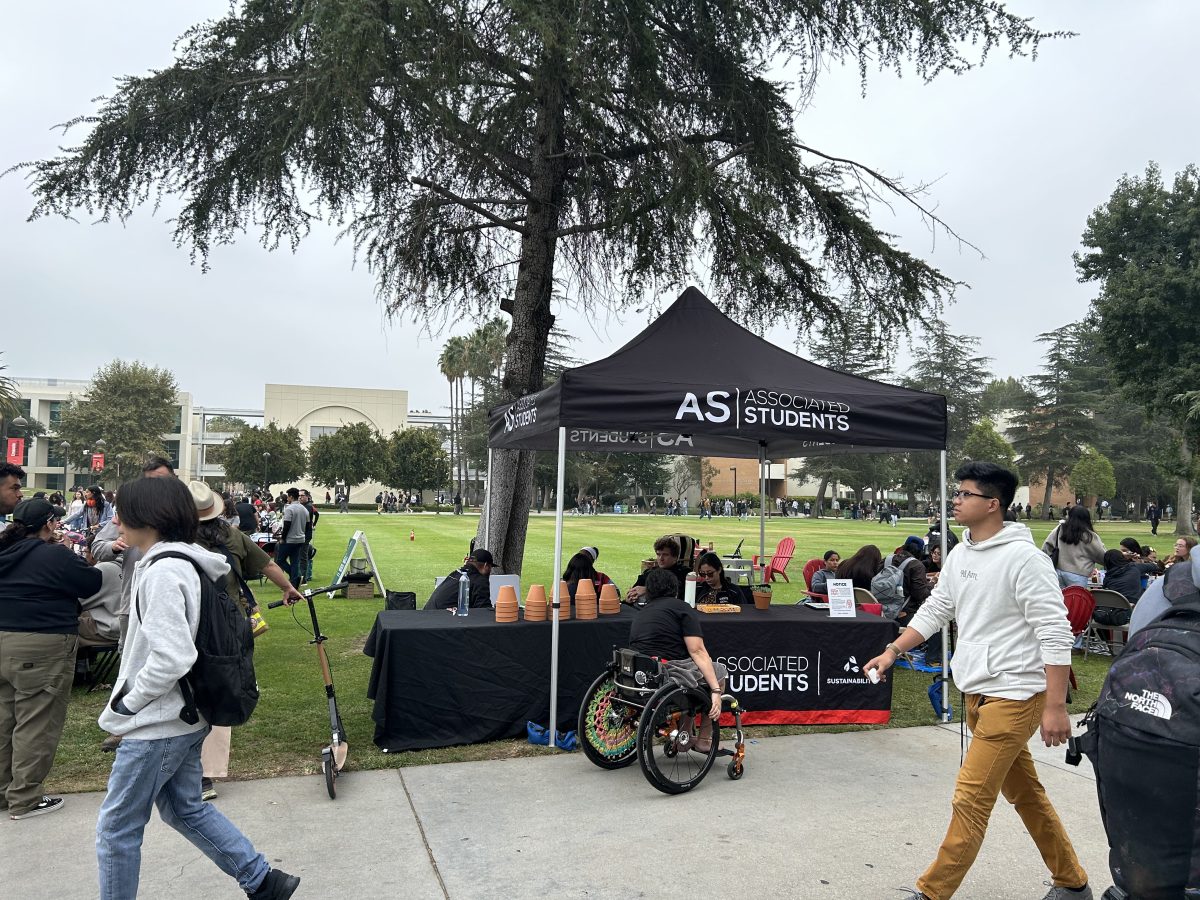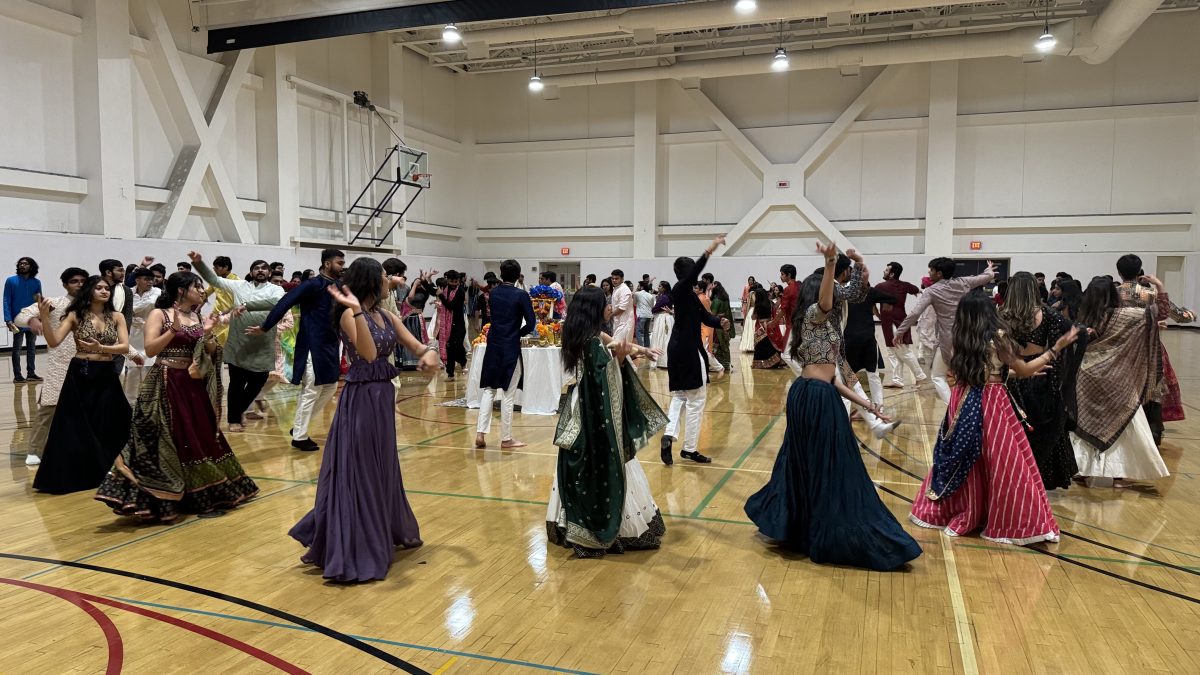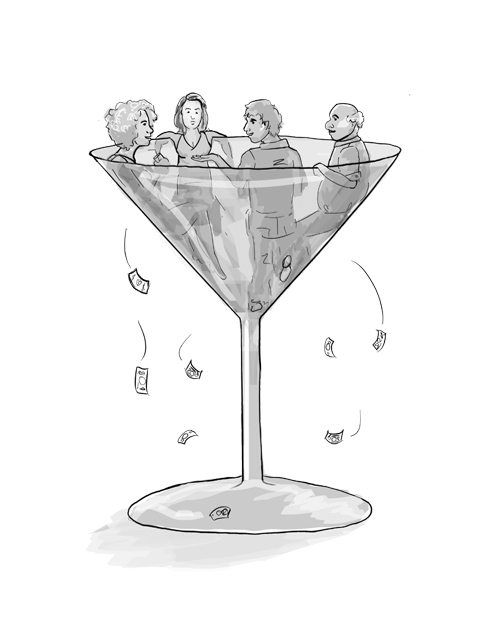
Northridge-area bartenders support a bill proposed in the California State Senate that would extend alcohol service in restaurants, bars, and nightclubs from 2 a.m. to 4 a.m.
Bartenders said the bill, SB 635, will bring in more revenue to the local community.
“I’ve been in this business for 20 years and I think it’s a great idea,” Jennifer Kelley, bartender at Lee’s 4 Cocktail’s on Devonshire Street, said. “This would really help the economy.”
Taylor Jay, a bartender at Stovepiper Lounge on Parthenia Street, said it might be a hassle dealing with customers after 2 a.m., but the benefits for businesses outweigh those potentially negative interactions.
“This is good for business, but bad for bartenders,” Jay said. “No bartender wants to deal with people after 2 a.m. But I think it would be great for business (because) nobody wants to go home at 2 a.m.”
California State Senator Mark Leno, D-San Francisco, who introduced SB 635, said the stimulus it could bring to the California economy is one of the main reasons he proposed the bill.
“In San Francisco alone we’re talking about an industry that generates $4.2 billion of economic activity, creates nearly 50,000 jobs, and contributes over $55 million in local tax revenue,” Leno said. “So it’s not an insignificant industry.”
The industry of travel, tourism and entertainment has a significant impact on the state of California.
“Travel, tourism and entertainment is San Francisco’s number one industry and the state’s fourth largest industry,” Leno said.
Organizations in support of SB 635 include the California Music and Culture Association and the California Restaurant Association.
The California Restaurant Association said the economic stimulus the bill could bring is a major reason behind its support of the bill.
“This is absolutely going to drive economic growth,” Angelica Pappas, communications manager for the California Restaurant Association, said. “Restaurants can stay open and spur economic growth. It trickles down to cafes, book clubs, art galleries and other businesses that can stay open later as well.”
Pappas said this type of legislation has helped other cities in the U.S.
“We’ve seen how this works in Chicago, New York, and Miami,” she said. “In these other cities, the night spots are driving the economy.”
Many CSUN students thought extended hours of alcohol service could help other businesses as well.
“I read a statistic that said LA makes most of its money between 10 (p.m.) and 2 a.m.,” said Caitlin Rutherford, 22, junior athletic training major. “This will increase other businesses and their revenue.”
Leno said the biggest argument against the bill is safety concerns.
“We believe that we designed the bill to address those (safety) issues,” he said.
If passed, the bill requires separate reviews to take place before an establishment can serve alcohol between 2 a.m. and 4 a.m.
The first requires a city or county to submit a plan to the California Department of Alcoholic Beverage Control (ABC) and hold a public meeting in which law enforcement, businesses and other community members can voice opinions on the extended sale of alcohol.
The ABC then can approve or deny the request for extended alcohol service hours based on how it feels extended service would benefit the community.
If approved in a given area, another review takes places on a per-establishment basis, as each business hoping to sell alcohol between 2 a.m. and 4 a.m. must apply for an extended hour permit.
If passed, the bill would grant extended service hours only to those cities or counties that apply for the right to serve during later hours and are approved by the ABC.
“(SB 635) imposes nothing on anyone,” Leno said. “This could become law and nothing would change unless a city decided to create a plan to the ABC.”
SB 635 was referred to the state senate’s Committee on Governmental Organization and will be heard on April 9. The bill will have to be approved by a majority vote in California’s senate and house of representatives before it becomes law.

